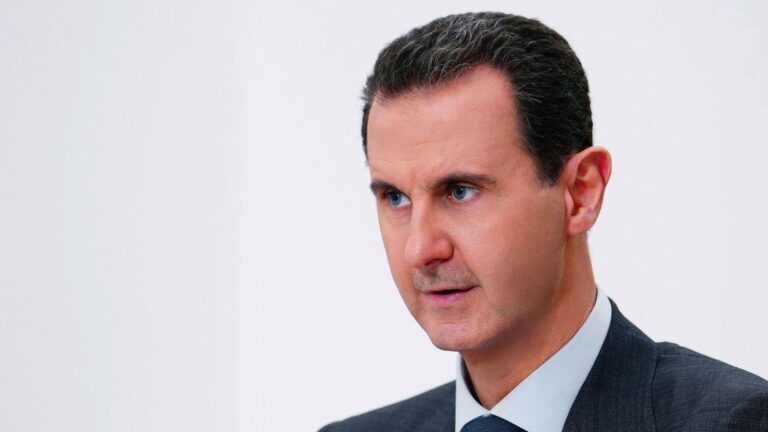World leaders are heralding the ousting of President Bashar al-Assad as a pivotal moment for peace and democracy in the Middle East. On Sunday, the 24-year rule of Assad, often criticized for its autocratic nature, came to an end after rebel Islamic groups, led by Hayat Tahrir al-Sham (HTS), took control.
U.S. President Joe Biden took to social media, calling this moment a historic opportunity for Syrians to shape their future. He emphasized the importance of a Middle East where allies are safe, and threats are contained. Biden outlined his administration’s plans, which include engaging with Syrian groups to transition away from Assad’s regime, maintaining security in eastern Syria, protecting U.S. personnel, and supporting neighboring countries like Jordan, Lebanon, Iraq, and Israel.
UK Prime Minister Keir Starmer welcomed the end of Assad’s brutal regime, stressing the need for a political solution that ensures peace, stability, and the protection of civilians and minorities. He emphasized ongoing conversations with regional allies to support a peaceful transition.
French President Emmanuel Macron also praised the courage of the Syrian people, expressing France’s commitment to the region’s security and peace. He paid tribute to their perseverance and expressed hopes for a future marked by freedom and unity.
Canadian Prime Minister Justin Trudeau remarked on the fall of Assad’s dictatorship, marking the end of years of oppression. He called for stability, order, and respect for human rights as Syria moves into this new chapter.
Israeli Prime Minister Benjamin Netanyahu described the day as historic but warned of the risks involved in the power vacuum left by Assad’s fall. He extended a peace offer to all groups in Syria, urging peaceful coexistence with Israel.
These reactions highlight a collective optimism for the future of Syria and the Middle East, tempered with caution as the region navigates the post-Assad era.


